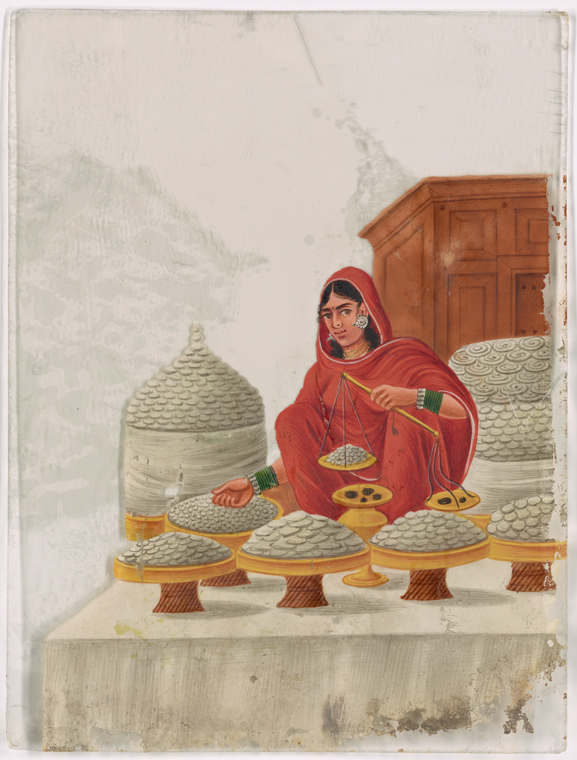Tracing body-and-bloodlines
by Roanna Gonsalves A book, like a person, holds a tangle of ancestors within it. Sometimes, tracing the literary influences and resonances in a book, its bloodlines, is as straightforward as tracking back through the parish register of births and marriages. Often, the process is slightly more complicated, involving a piecing together of half-remembered conversations, silhouettes of words, a sifting through the obfuscations of the imperial project imbricated with patriarchy, in order to get to the greatest grandparents. Since its publication about three months ago, my book The Permanent Resident has elicited questions from some readers about its…
